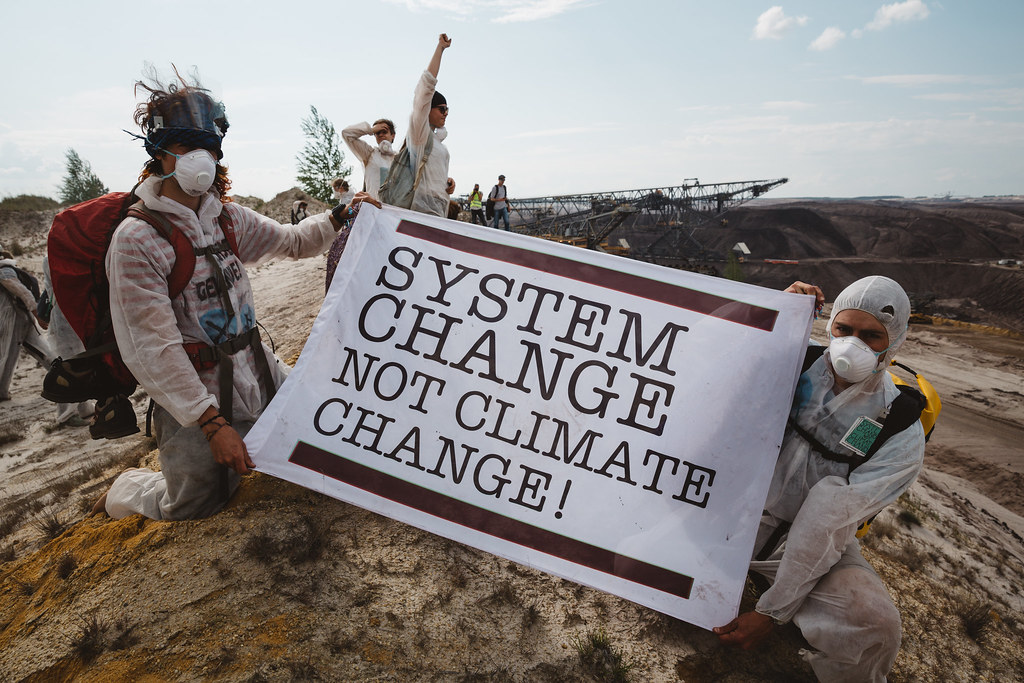A groundbreaking analysis published in the New England Journal of Medicine has thrown the spotlight on a grim reality that many might have chosen to ignore: the deadly health risks arising from fossil fuel pollution. This comprehensive report, drawing upon data from a multitude of studies, uncovers an alarming surge in neurodevelopmental issues, diabetes, chronic respiratory diseases, and certain cancers, particularly among the youth. This uptick in debilitating conditions coincides with what the paper describes as an ‘explosive growth’ in the petrochemical industry, with fossil fuel use and petrochemical production ballooning fifteen-fold since the 1950s.

Tracey Woodruff, a professor at the University of California San Francisco (UCSF) and the author of the report, draws a direct line between climate change’s major drivers and an increase in chemical exposures that are detrimental to health. ‘Typically people say cancer is a disease of the aging, but now we’re seeing it increasing in people under 50,’ Woodruff observes, pointing to the dire need for action against this trend.
The report zeroes in on endocrine-disrupting chemicals (EDCs) as a significant threat. Found in plastics and various other products, EDCs interfere with healthy hormonal functions and have been linked to a myriad of health issues, including cancer, cardiovascular diseases, and infertility. The report’s findings are supported by Phil Landrigan, an epidemiologist at Boston College, who emphasizes the dangers posed by the myriad chemicals present in plastics that leach out and wreak havoc on our health.
But the impact of EDCs and fossil fuel pollution extends beyond individual health concerns. The analysis highlights how these pollutants disproportionately affect people of color and those living in low-income or otherwise disadvantaged communities, with higher levels of EDCs found in the urine and blood of Black and Hispanic women compared to non-Hispanic White women.
Despite the growing adoption of renewable energy sources, the production of petrochemicals and single-use plastics continues to rise, underscoring the urgent need for stricter safety testing, more comprehensive tracking of chemical exposures, and substantial policy reform. ‘We need to have government policies that ensure that chemicals that are being used and produced in the US are not creating toxic exposures to people,’ Woodruff emphasizes.
The global response to this crisis, or lack thereof, is equally alarming. With 151 national governments having pledged to achieve net-zero emissions, the actual increase in global coal, oil, and gas production starkly contradicts these commitments. The UN Secretary-General António Guterres’s statement, ‘governments are literally doubling down on fossil fuel production; that spells double trouble for people and planet,’ encapsulates the urgency of reevaluating our reliance on fossil fuels.
As we stand at the precipice of potentially irreversible damage to our health and the planet, the call to phase out fossil fuels and pivot towards renewable energy has never been more critical. The time for change is now, lest we continue to jeopardize the health and well-being of current and future generations.
Related posts:
‘Explosive growth’ in petrochemical production poses risks to human health
Rising Petrochemical Production Linked to Increase in Deadly Health Risks, New Study Warns





